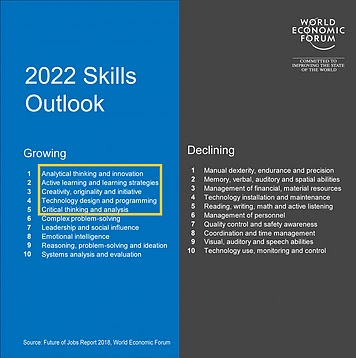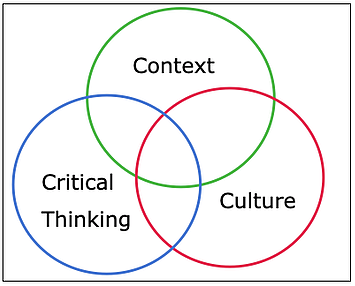
29 Abr Change is inevitable, personal growth is a choice
The Education system does not need to be reformed but reinvented. I have previously shared in other posts that WHAT we do, as teachers, has become a commodity and what matters now is HOW we do things, HOW our students learn, HOW to use technology and HOW we, as a learning organisation, can make a difference in our today’s students school experience
We are currently facing a complex and dynamic learning environment where it is necessary to take responsibility in finding the interaction between PEOPLE (teachers – students – families ) – TECHNOLOGY (resource that will play in our benefit) and a new CULTURE of Learning (we need to be adaptable, ready for a constant changing world).
We are consciously aware about the overwhelming presence of technology in our live. We don’t tend to think much these days of its impact on our long term future but more in our immediate needs. I don’t think anybody would argue against the necessity of implementing digital devices as part of a learning environment, however innovation is a further step forward, where people and processes are key, leaving technology behind as a powerful tool that should facilitate our goal, which is again to reinvent our education system.
A new culture of learning is coming hand in hand with a Fourth Industrial Revolution in place and where the Fifth one is already at the doorstep reminding us that change is again inevitable.
At the World Economic Forum (WEF) it was said that “We have now a historic window of opportunity to shape technological breakthroughs, such as artificial intelligence and gene editing, in the service and for the benefit of humankind. We have two options. We can either fully use the opportunities of the Fourth Industrial Revolution to help lift humanity to new heights, or we can allow ourselves to be controlled by the forces of technology”
With such a clear statement, Klaus Schwab, Founder and Executive Chairman for WEF ratifies an urgent transformation call for a reskilling revolution in order to foster an inclusive society where people do have similar opportunities.
Already in 2018 WEF published the skills that would be necessary in work environment and see below the comparison between those growing and the ones being declined.

There a clear need for high cognitive skills such as critical thinking, problem solving, decision making and information processing as collecting and analysing data is highly demanded; however other soft skills are crucial to complement the first ones and these are those related to communicate, expose, emotional intelligence and the ability to negotiate and be adaptable.
What is key in this new culture of learning?
The key is to facility a reskilling environment necessary for our students, where School becomes the place, the ecosystem where it happens, but the Teacher is the one that makes it possible, that makes the connection flourish in different ways throughout their time in school.
What does “reskilling” actually mean? It means to make our students be exposed and learn other skills, different to ones learned so far, that will make them be ready for an uncertain and ever changing world. A bet for a balance between high and soft skills, where adaptability must be implicitly there. This is my proposal about what our culture of learning should look like like this diagram below:
#CRITICAL THINKING: represents the high skills regarding analysing, interpreting data, problem solving and being able to justify and reason answers and conclusions. Critical thinking provides our students the confidence to be independent when making their own judgement and learn how to appreciate and consider other people’s work.

#CONTEXT: is about an interdisciplinary learning process where students are led to make connections with previous knowledge, to interrelate concepts from other subjects, apply them to global contexts expressing factual information based on data they have properly analysed
#CREATIVITY: It could be considered as the most powerful ability as it enables you to create ideas and apply them into a different practice; it is about a fresh thinking that requires a dynamic process of thinking where knowledge and critical thinking are aligned to use other ideas and predict if they would work in a different context.
A culture of learning that does not exclude key concepts like effort, collaborative work, review sessions, knowledge exposition and other considered as traditional work styles that are present to contribute to a different Students Profile in process.
As part of an ecosystem of learning, these key elements represent the growing needs of our today’s students always driven by their teachers who with passion and purpose act as catalysts to raise curiosity for learning and adapt to another reskilling revolution.





